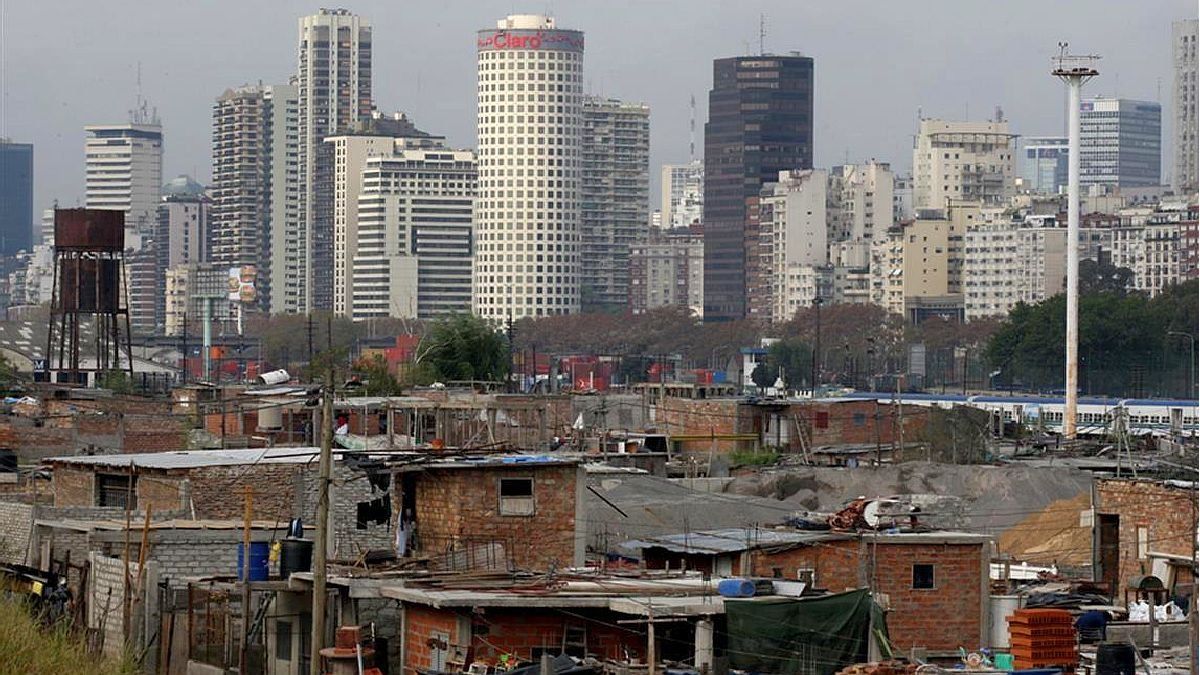Rishi Sunak has brought stability back and ended the economic chaos of his short-term predecessor – he has been British Prime Minister for a year. But after the recent bankruptcies of his conservatives, the main question is: for how much longer?
Rishi Sunak may hope that William Shakespeare is right. “A deeper fall often leads to higher happiness,” says the famous playwright. And a politician in the United Kingdom can hardly fall much lower than the Prime Minister, who will be in office for exactly one year this Wednesday. But the happiness that the poet once promised would have to be enormous for Sunak to overcome the massive problems that are piling up before him. The gap between his conservatives in the polls is enormous – catching up seems unrealistic because the richest prime minister in history is considered out of touch.
“Dying days of a destroyed party”: The Conservatives are slipping away
The British media spoke of a humiliation: The surprisingly clear defeats in two by-elections to the British Parliament have recently dealt a further blow to the Tories’ self-confidence. Suddenly, even MPs who won their constituencies by a large margin in 2019 have to worry about their seats. We are currently experiencing the “dying days of a destroyed party,” Sky News reporter Beth Rigby quoted a former Tory government member as saying. The gap to the social democratic opposition party Labor is a constant 20 points. If Sunak fails to provide relief, the Tories risk a landslide defeat at the next general election.
The economy is stagnating under Rishi Sunak
National debt: down! Inflation: halve! Economy: boost! Waiting times in the health service: reduce! Irregular migration: stop! Sunak had announced that he would be measured against this five-point plan. But the balance sheet speaks against the 43-year-old. “Progress is slow and unsteady,” says political scientist Tim Bale from Queen Mary University of London. His colleague Mark Garnett is clearer: None of the goals have currently been achieved, as the expert from Lancaster University calculates. Rather, national debt and waiting times have recently increased, and tough laws against irregular migration remain ineffective.
Sunak was elected head of the Conservative Party and successor to Liz Truss on October 24, 2022 and was subsequently appointed by King Charles III on October 25. was appointed head of government.
Sunak is considered aloof
Sunak announced at the annual meeting of the Tories a few weeks ago that he stands for change. It was an extraordinary claim given the fact that the Conservatives have been in power for 13 years and Sunak himself has recently helped shape their policies. What Sunak touted as “long-term solutions for a bright future” seemed more like it was born out of necessity. When the prime minister, who carries out many appointments by helicopter, relaxed climate protection requirements, even the industry reacted with irritation.
As the recent by-elections show, Sunak’s messages are not catching on. The first Hindu in Downing Street is not a human catcher; an anonymous Tory MP described him on Sky News as having the “leadership qualities of an amoeba”. Rather, the wealthy former investment banker is considered out of touch. Sunak repeatedly finds himself in the headlines because of the business interests of his wife, whose father founded the Indian IT giant Infosys. The Guardian newspaper recently reported that a fund set up by the then finance minister to support start-ups during the pandemic had paid two million pounds to companies in which his wife Akshata Murty has a stake.
Potential successors are already lurking
Sunak is still sitting quite securely in the saddle, as expert Garnett says. “But that’s partly because most Conservative MPs assume the party will lose the general election anyway.” Potential successors are getting into position behind the scenes. Sunak is particularly driven by the loud right wing around Interior Minister Suella Braverman. With populist phrases about migration, for example, the Prime Minister has moved the Tories further to the right. The Labor Party is filling the void.
Sunak by no means has home power. Even internal opponents such as former culture minister Nadine Dorries like to point out that Sunak was never elected. In the summer of 2022, he was initially defeated by Liz Truss in the race to succeed Boris Johnson. It was only when Truss had to resign after a historically short term in office that the parliamentary group quickly promoted him to the shield.
Parliamentary election in January 2025 at the latest
Sunak certainly has some successes, as experts also point out. He stabilized the economy and regained international respect that had been lost after the troubled Johnson years. Since Brexit, relations with the EU have never been better than under the pragmatic Sunak. But this has little impact. Rather, the budget statement announced for the end of November could reveal further financial holes. This is one of the reasons why more and more observers are expecting Sunak to delay the next general election for as long as possible. The latest possible date is January 2025. In fast-moving politics, that is enough time for a U-turn – and for the higher happiness described by Shakespeare.
Source: Stern
I have been working in the news industry for over 6 years, first as a reporter and now as an editor. I have covered politics extensively, and my work has appeared in major newspapers and online news outlets around the world. In addition to my writing, I also contribute regularly to 24 Hours World.




